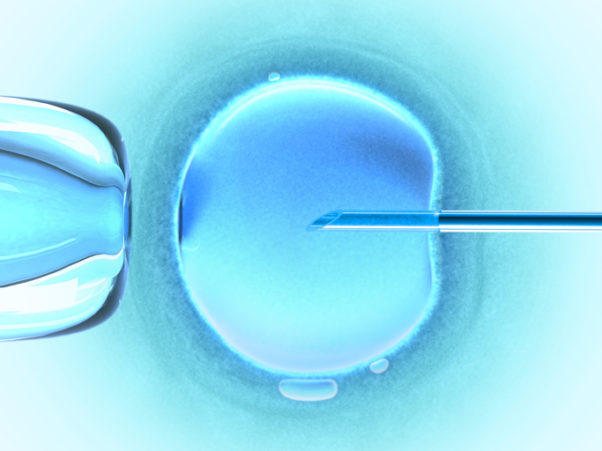A breakthrough by Japanese scientists who created a baby mouse from two male mice could lead to people producing embryos from manipulated sperm without any need for a female egg. This would mean children could be born for the first time ever who have no biological mother and instead have two biological fathers.
Writing in the Irish Independent, Trinity College scientist, Luke O’Neil, said the scientists took a skin cell from a male mouse and removed the Y chromosome, leaving it with one X chromosome. They then ‘borrowed’ another X chromosome from a different male skin cell. They then turned that cell into an egg cell.
They then fertilised the egg that had come from a male with a sperm, grew it into an embryo and implanted the embryo into a surrogate mother mouse, “just like regular IVF in humans”.
Lead scientist Katsuhiko Hayashi and his team are now attempting to do the same with human cells.
Because of differences between mice and humans, and concerns over safety, Hayashi says it will take 10 years.
O’Neil writes that even in mice, what they achieved wasn’t efficient. “They made about 600 embryos, but only seven survived. With regular IVF, the number would be five times higher”, meaning with IVF 35 out of 600 embryos survive for possible implantation.
The same team of scientists were also able to make sperm cells from skin cells, obviating the need for either an egg or sperm cell for reproduction.
“The ethical questions of a baby having two dads will need to be considered, but if it is possible to achieve this in humans, same sex couples who want a baby might well be able to have one. All that will be needed is skin cells reprogrammed back to egg and sperm, some Reversine [a special chemical to manipulate chromosomes], and a surrogate mother”, O’Neil concluded.
















